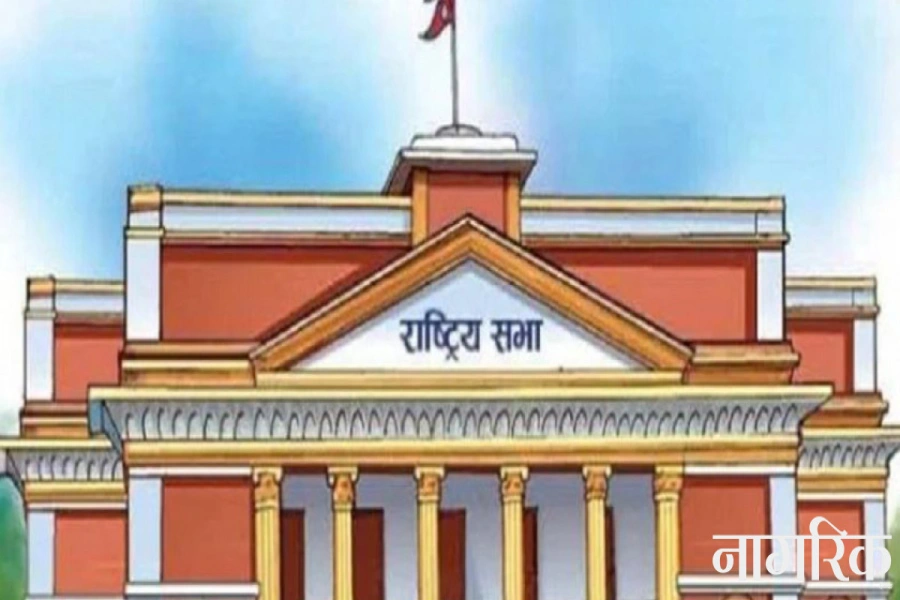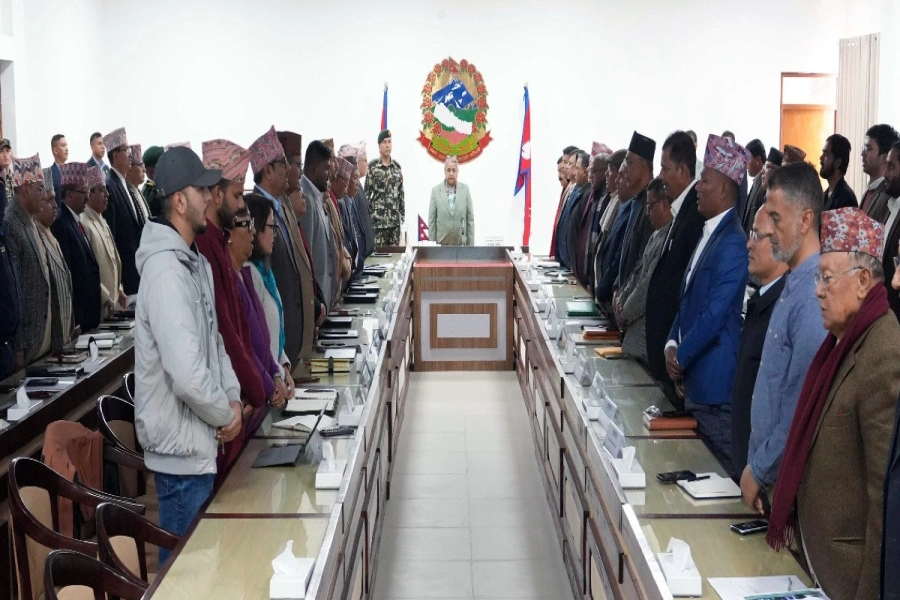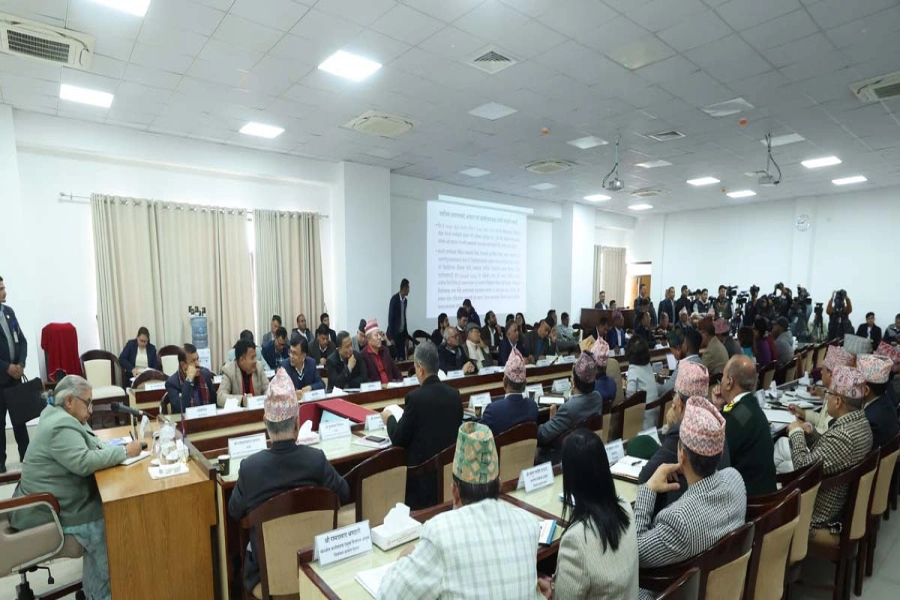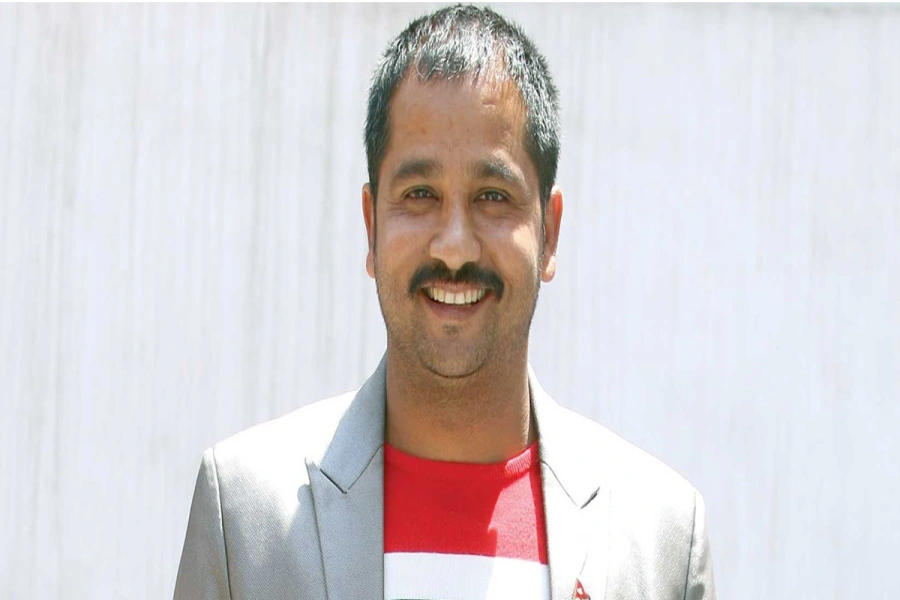Our security policy should be redefined in line with the concept of human security and federal democratic system
Restructuring of the security agencies—the Nepal Army (NA), the Nepal Police (NP), the Armed Police Force (APF) and the National Investigation Department (NID)—has been a national agenda in line with the federal system enshrined in the new constitution of the Federal Democratic Republic of Nepal. As important as restructuring the state is restructuring security agencies given its sensitive nature. The government should have started the federalization process right after the promulgation of the constitution. But only recently has the government constituted a high-level committee under the coordination of Prime Minister KP Sharma Oli to implement the federalization agenda. Likewise, the government last month entrusted two taskforces to recommend a policy paper on restructuring the NA and the police.
Some believe that these important issues should be taken up only when basic facts about federalization like the number of provinces is first settled. But whatever the final number of provinces, why should there be any delay in restructuring the security agencies to make them apolitical, effective, efficient and competent in coping with emerging multi-dimensional and complex internal as well as external security challenges? So security agencies themselves have been offering restructuring proposals to the government for the past couple of years. In my view, our security agencies should be restructured for mainly five reasons.
First, traditionally, security was thought of as defence of the state, its territorial integrity and people’s sovereignty under the old state-and-military-centric security policy. But after the end of the Cold War, the concept of security has shifted from state-centric to human-centric.
Human security that goes beyond the state and its territory and also encompasses the security of its citizens is an important component of a 21st-century’s democratic, liberal and civilised society. Therefore, the concept of security has widened to encompass economic, food, health, environmental, social, political and individual security. In the new context, political freedom, rule of law, human rights, and human and economic development are considered integral to human security.
300,000 security personnel to be mobilized during Nov 20 Nepal...
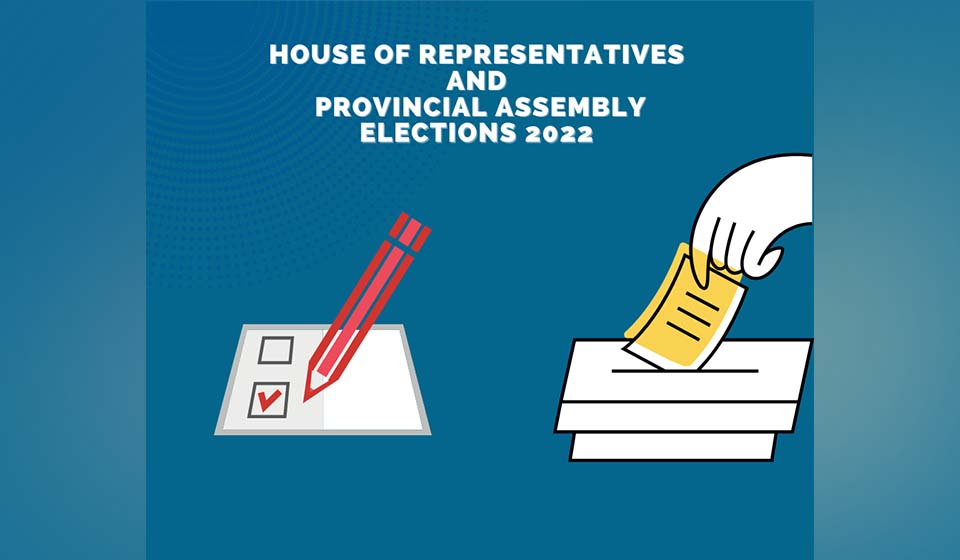
Even the new constitution has enshrined human security as a guiding principle of national security. Therefore, in the changed political and constitutional context, and changing concept of security in the global context, the government should redefine its national security policy in line with the broader concept of human security to ensure security of the people and peace in society, including protecting national unity, territorial integrity and people’s sovereignty.
Second, following the promulgation of the federal constitution, Nepal has entered a new political and constitutional era. Therefore, security agencies should be restructured in line with the constitution, putting an end to the unitary system and structures. The NA, the APF and the NID will not be federalized because those agencies are under federal government. But Nepal Police will be substantially restructured because it comes under the federal, provincial and local governments. Federalization of Nepal Police is a sensitive, complicated and contentious process, and therefore urgent too.
Third, along with the political and constitutional changes, security dynamics have also become more complex and volatile. The unfolding geopolitical, strategic and security contexts have revealed daunting multi-dimensional threats for both internal as well as external security of Nepal. The six-month-long Madhesh movement and the ‘unofficial’ Indian blockade amply highlighted Nepal’s geopolitical reality.
The long political transition and instability have bred insecurity and uncertainty. Likewise, the federalism debate; polarization along religious, caste, ethnicity, cultural and linguistic lines; lawlessness; pervasive impunity; and increasing transnational crimes have contributed to worsening the already fragile security situation. This fragility coupled with increasing trend of human rights violations and crimes persist because of deep-rooted culture of impunity and the residue of the decade-long armed conflict. Nonetheless, the security situation has been getting better since 2006. But the situation is still fragile so that an unexpected conflict may explode any time. There are likely to be relatively more internal and external threats in the federal setup than in the unitary system.
Fourth, the existing roles and structures of security agencies should be redefined based on their nature and security threats for the country. The government has not clearly defined the roles and responsibilities of security agencies and is mobilizing them as per traditional approach and in an ad-hoc basis. Because of lack of clarity on roles and responsibilities of security agencies some duplication and overlapping is seen. As a result, there are conflicts not only among security agencies, but also serious security lapses like the Tikapur episode in Kailali district in August, 2015. The government had to deploy the Nepal Army to bring the situation under control.
Fifth, the security agencies should be apolitical, professional and competent so that they can ensure the security of the nation and its people. They should be accountable to the people, and effective and impartial in their roles and responsibilities following sound principles of good governance, rule of law, human rights, transparency, accountability and democratic control of security agencies. The security agencies should thus pursue inclusive, people-friendly, rights-based and gender-neutral policies. Democratic control of security agencies is a fundamental feature of democratic system but security agencies should not be politicised on the pretext of democratic control, as has happened in the past, particularly inside Nepal Police.
Security of the people and restructuring of security agencies is a sensitive issue. But Nepal does not have a comprehensive national security policy. The government should, therefore, draft a comprehensive national security policy taking into account the emerging internal and external threats, with consultations with concerned stakeholders. The new policy should guarantee national unity, territorial integrity, sovereignty and people’s security, and embrace the fundamental principle of democracy, rule of law and respect for human rights.
The security policy should also be redefined in line with the concept of human security and federal democratic system of Nepal, and security agencies should be restructured accordingly. Therefore, restructuring security agencies is a must if they are to cope with the emerging, complex, uncertain and multidimensional security threats Nepal faces. The sooner the government starts with the process of restructuring of the security agencies, the better. Otherwise, the task of implementation of the new constitution might face serious hurdles.
The author is co-editor of the book ‘Emerging Security Challenges of Nepal’ and research fellow at Birmingham University in the UK
@GejaWagle




